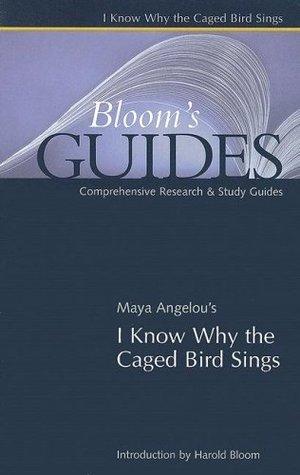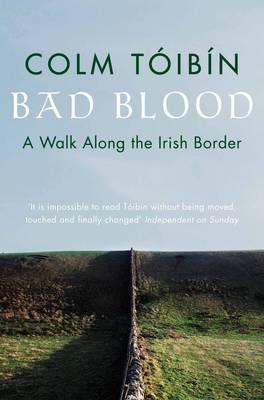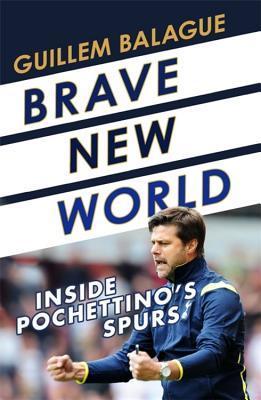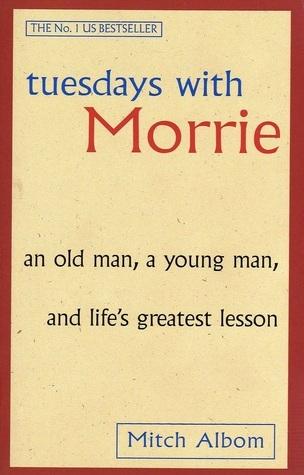

Scan to Download
I Know Why The Caged Bird Sings Free Audiobook Download
Harold Bloom
Comprehensive Analysis and Insights on Maya Angelou's Masterpiece.
Information

Author: Harold Bloom
Narrator: Brian
Format: MP3
ISBN: 9780791077689
Language: English
Publish Date: 12/31/1969
Audiobook length: 31min
I Know Why The Caged Bird Sings Audiobook by Chapters
The audio file is large, please allow a moment for loading
Readers Also Enjoyed Audiobook

Who should listen I Know Why The Caged Bird Sings
The summary audiobook of "I Know Why The Caged Bird Sings" by Maya Angelou, analyzed by Harold Bloom, is ideal for students, educators, and literature enthusiasts seeking to understand the themes, motifs, and cultural context of this seminal work. Listeners will benefit from Bloom's insights into Angelou's poignant exploration of racism, identity, and resilience, making it a valuable resource for anyone engaging with African American literature or the complexities of personal growth and social justice.
3 quotes from I Know Why The Caged Bird Sings
- "There is no greater agony than bearing an untold story inside you."
- "I had to fight to keep my soul intact and my spirit free, as a bird in a cage longs for the sky."
- "The cage bird sings even in captivity, expressing the longing for freedom that resides in every heart."















